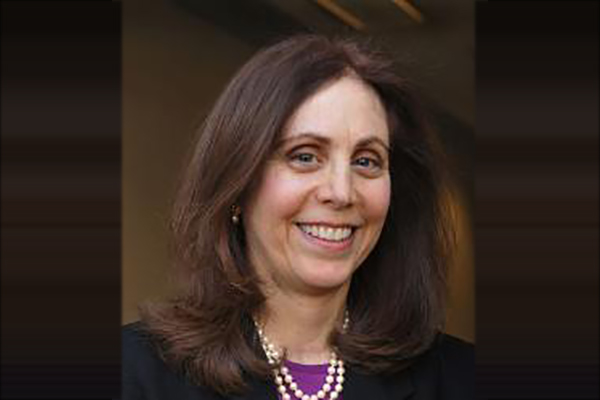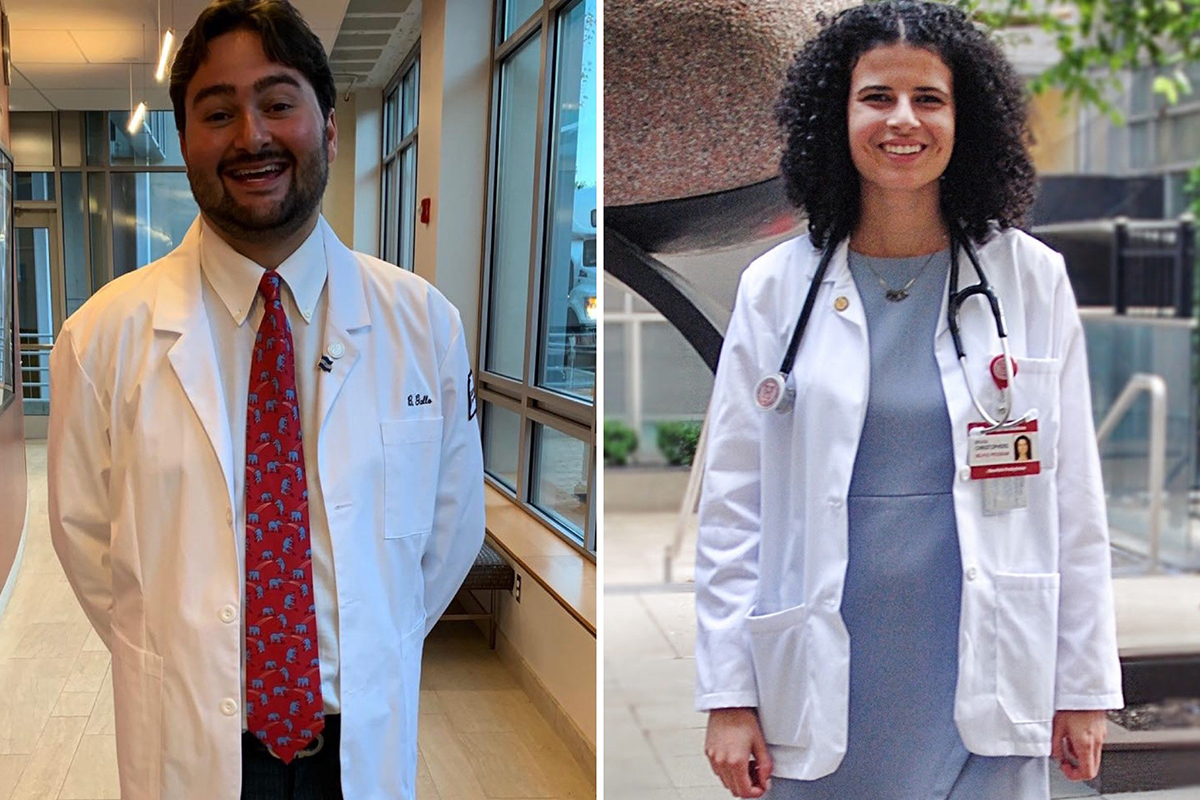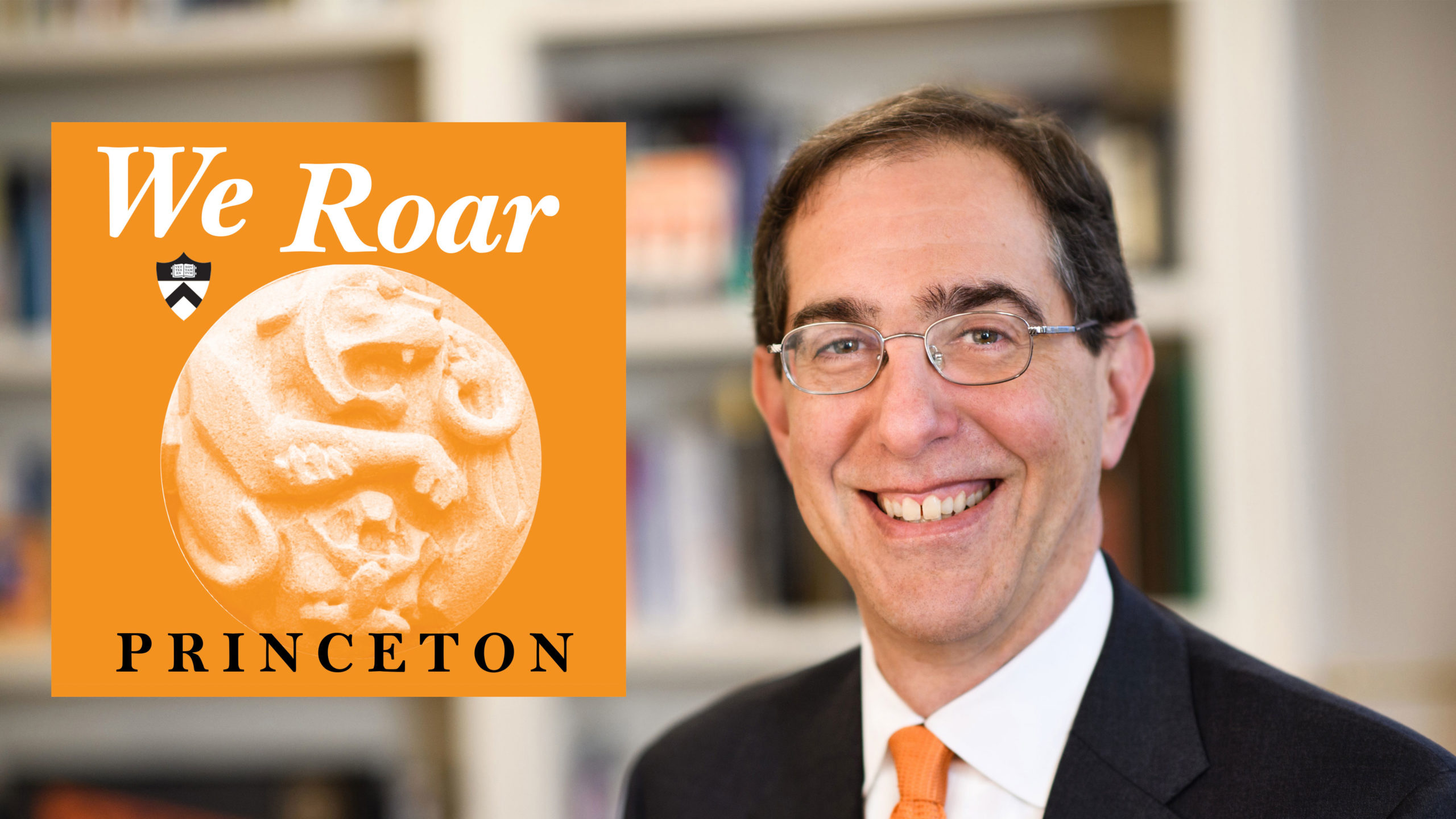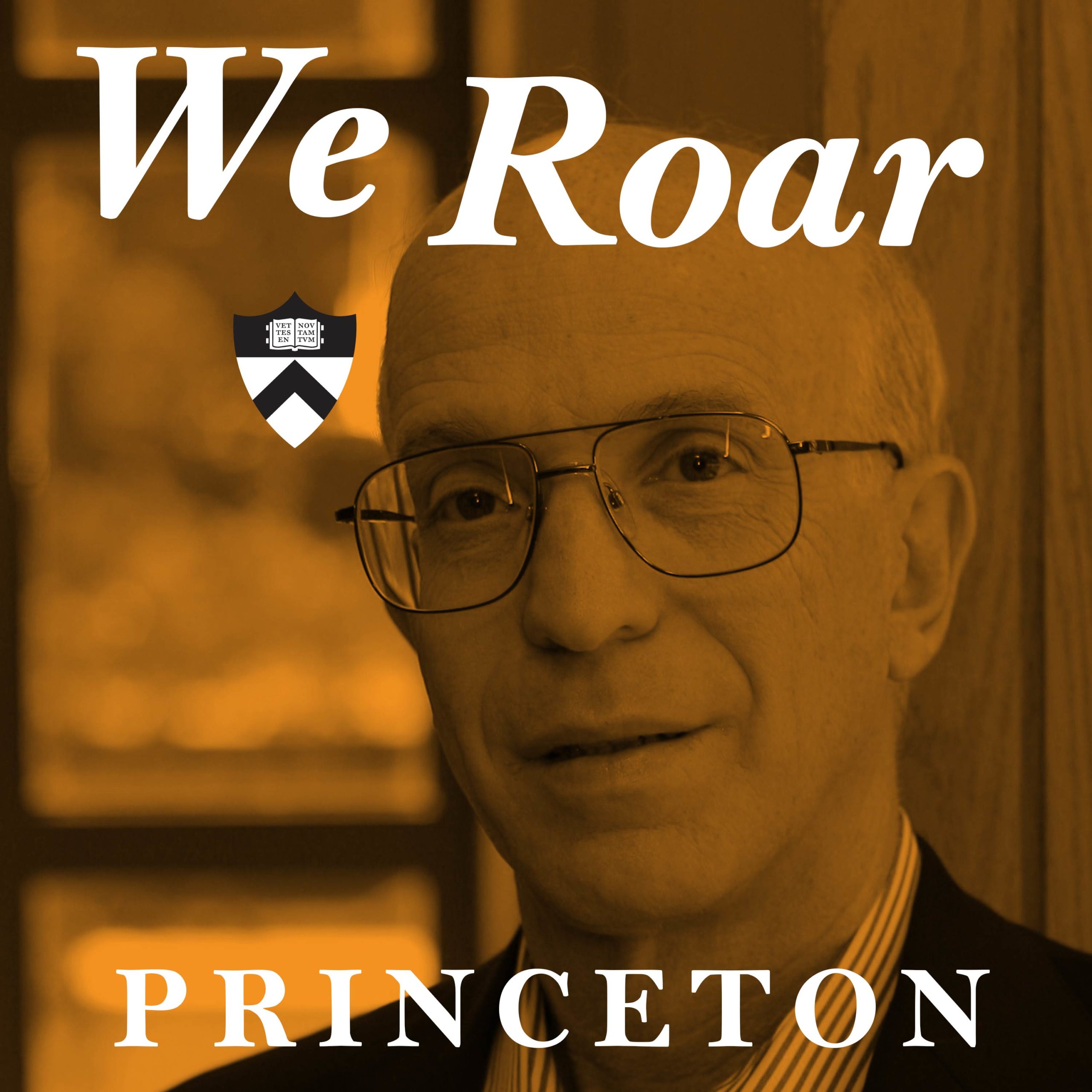
Q&A: Laura Kahn *02 on COVID’s Spread and How We Defeat It
Laura Kahn *02, a physician and research scholar at the Woodrow Wilson School of Public and International Affairs, studies the politics of infectious disease, including how leaders can make better decisions during outbreaks and how global-health policy can better prevent and mitigate zoonotic diseases, which are transmitted from animals to humans. In this article, she answers questions about how governments should respond to such pandemics and how the world can stop them from happening again.

Love in the time of COVID-19: negligence in the Nicaraguan response
Ben Gallo ’17, a medical student at Brown University, and Briana Christophers ’17, currently at Weill Cornell Medicine, have co-authored an article in “The Lancet Global Health” outlining the Nicaraguan government’s erratic response to COVID-19. Directly contradicting mitigation strategies recommended by the World Health Organization, President Daniel Ortega has refused to encourage any physical distancing measures. Vice President Rosario Murillo, Ortega’s wife, has even called for street marches instead.
Gallo, Christophers, and their co-authors state that the country’s lack of testing and low numbers of ventilators can cause the already fragile public health infrastructure to collapse under the pressure of widespread infection. In addition, they contrast the Nicaraguan response with those of other governments in the region, all of which taken stronger measures against the virus. Nicaragua is the poorest country in Central America, but even those with greater resources and more pro-active responses are struggling to contain the virus. The consequences of Nicaragua’s refusal to act could also undermine its’ neighbors’ efforts, putting the whole region at risk.
Read the full article at the Lancet.

‘We Roar’ podcast features Princetonians’ voices on the COVID-19 pandemic
Princeton University has launched a new podcast series to share the personal stories and expertise of students, faculty, staff and alumni during the COVID-19 pandemic. The “We Roar” podcast will offer short meditations by a wide range of Princetonians as they continue their work and daily lives through one of the watershed moments of our time.
In one of four episodes released today, President Christopher L. Eisgruber describes the negotiations behind the University’s decision to send students home for the remainder of the semester. “I’m confident that by getting our students off the campus we were able to keep the infection numbers in our community small,” he said. “It was a difficult day that I will never forget.”
The other premiere guests on “We Roar” are Jeremy Adelman, the Henry Charles Lea Professor of History and director of the Global History Lab, a pioneer in distance education whose work has taken on a new relevance; Kara Amoratis, associate director of International Travel Safety and Security, who describes how she evacuated students from far-flung corners of the globe, despite extraordinary challenges; and Kirsten Traudt, Class of 2020, whose classics studies have prepared her to take “the long view of history.”
Future guests include former U.S. Senate majority leader Bill Frist, Class of 1974; Chitra Parikh, Class of 2021, University Student Government president; Rebecca Lazier, a senior lecturer in dance in the Lewis Center for the Arts and acting director of the Program in Dance; Alan Blinder, the Gordon S. Rentschler Memorial Professor of Economics and Public Affairs; and many more.
“We Roar” is available on Apple Podcasts (formerly iTunes), Spotify and other podcast platforms. New episodes will be released on Tuesdays and Fridays.


